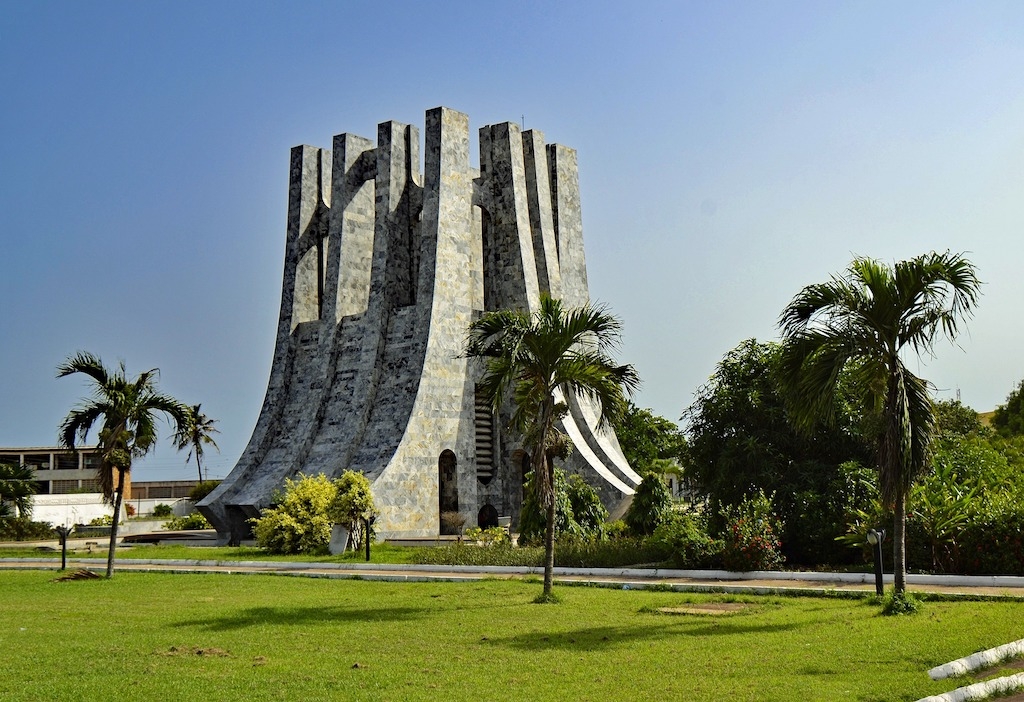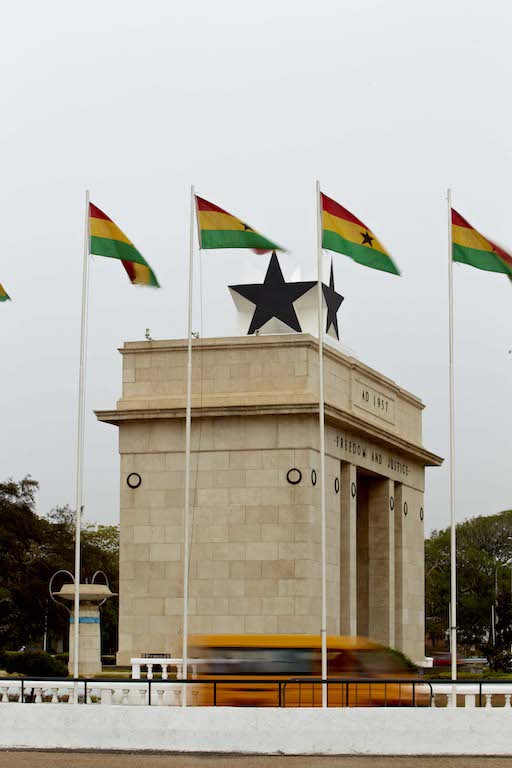African Women Playwrights
ITHEA-UT 743 | 4 units | Instructor: Local Faculty
African Women Playwrights is a reading-intensive course that focuses on the structural and narrative diversification of the theatrical texts written by women from the continent in the 20th and 21st century. We’ll critique the plays as both literature and dramatic texts intended for production. What is clearly evident in African women playwrights’ writing is its focus on women’s agency; generational legacies; tensions among tradition, colonialism, and modernism; unresolved issues between tribal and national identities; family relationships; intimacy and commitment; the spiritual conflicts set forth among the worlds of rituals, polytheism, and monotheism; the challenging coexistence among Christianity, Islam, and Judiasm; the impact of the global diaspora on African identity; and the intersecting issues of blackness, Africanness, and womanhood.
The course will address these various foci through the works of such writers as Andiah Kisia, Sitawa B Muragori (Kenya), Meaza Worku (Ethiopia), Nathalie Etoke, Werewere Liking (Cameroon), Tsitsi Dangarembga, Dania Gurira (Zimbabwe), Fatima Gallaire (Algeria), Penina Mlama, Amadina Lihamba (Tanzania), Ama Ata Aidoo, Efua Sutherland (Ghana), Osonye Tess Onwueme, Julie Okoh (Nigeria), Sindiwe Magona, Malika Ndlovu, Gcina Mhlope (South Africa), Violet Barungi, Asiimwe Deborah Kawe (Uganda), Jalila Baccar (Tunisia), and Dalia Basiouny (Egypt).
The foundational critical theories for the course are postcolonialism, feminism, critical race theory, and diasporic studies. By the end of the course, students will also have a core, general knowledge of the continent’s history.
This course fulfills C, Topics, or Geographies in the Theatre Studies requirements, or may count as an elective.



